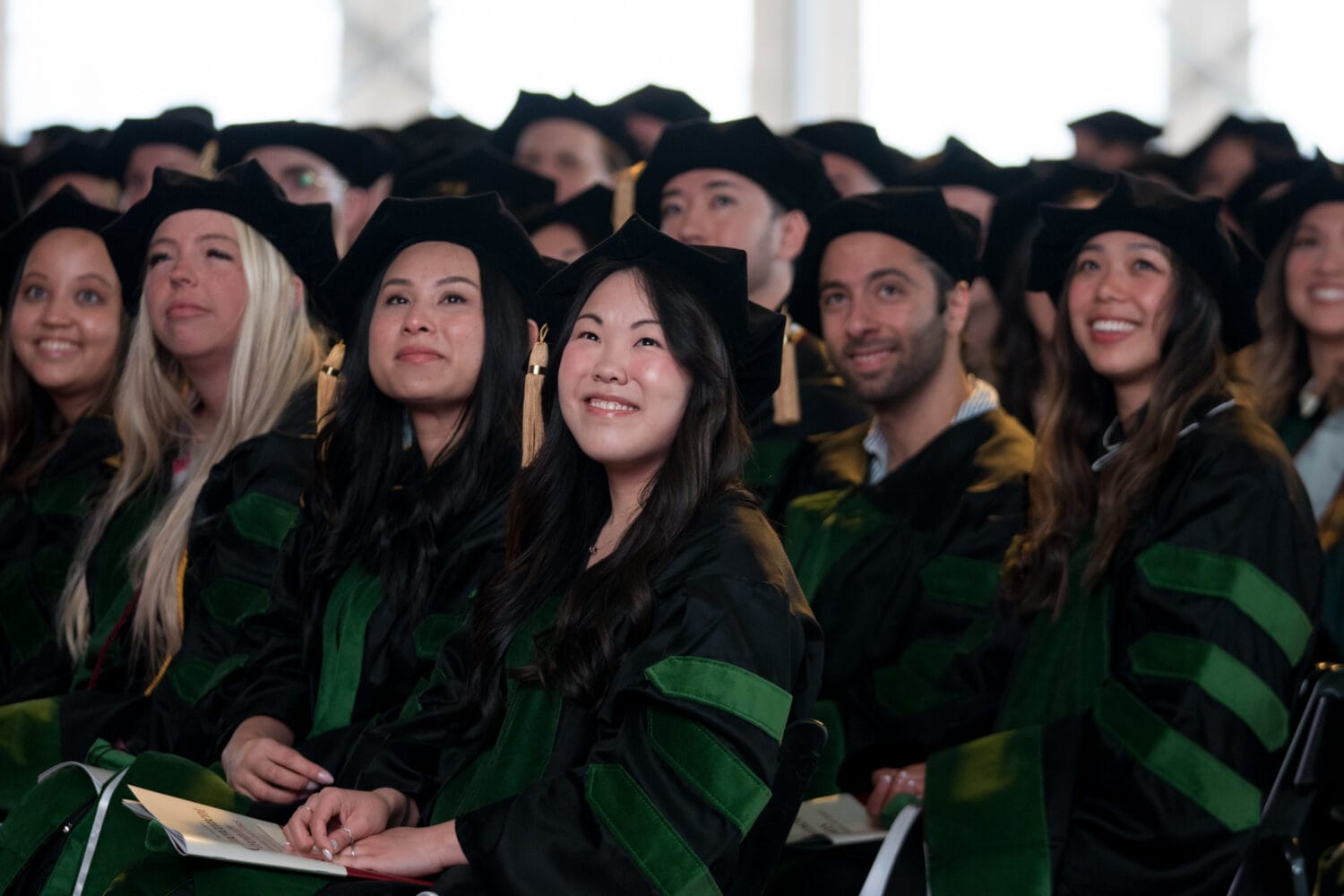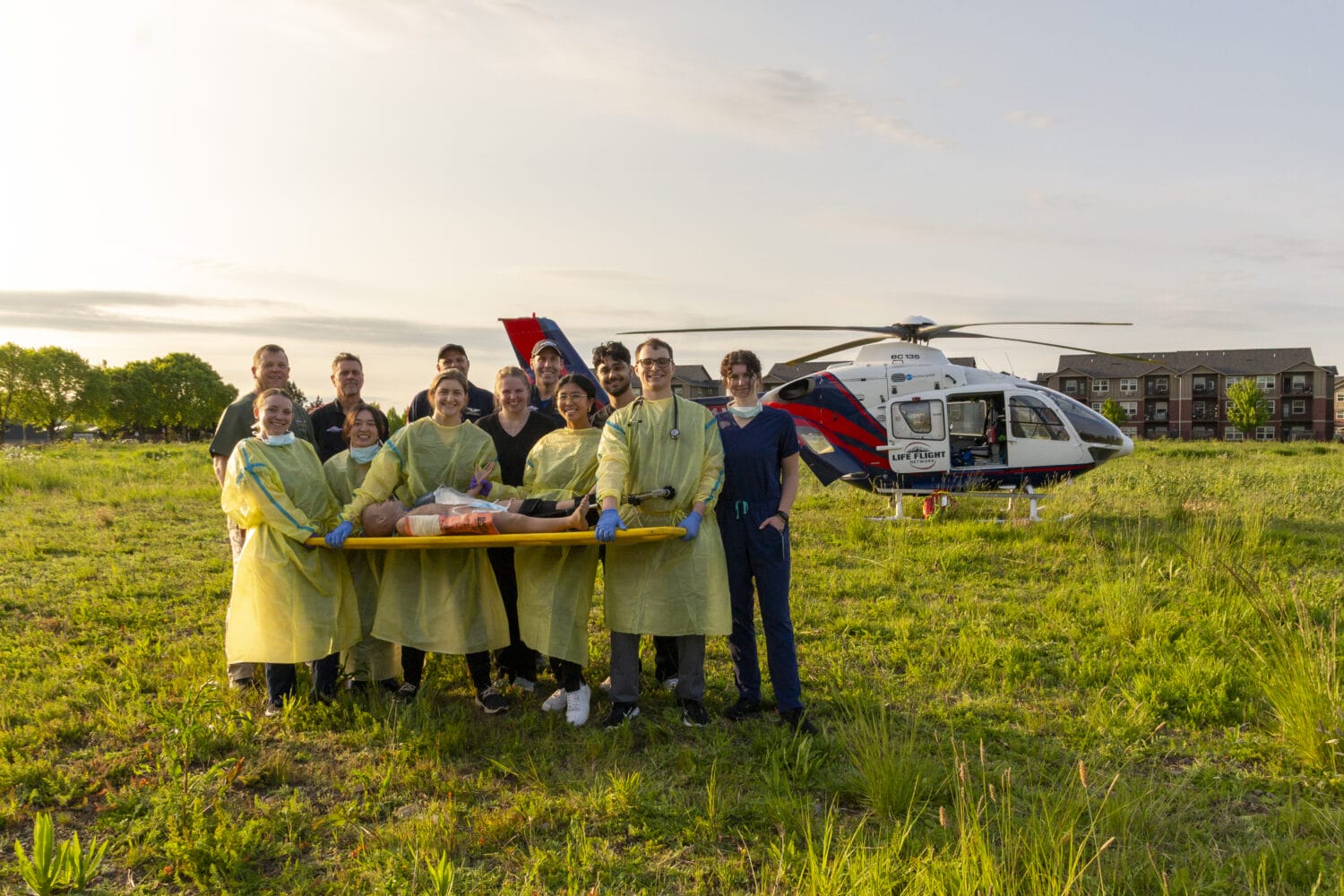Harkless, Beckham Score Big at Thursday's Plenary Session
"Beckham exemplifies the essence of this award, which is presented to individuals who have made a significant effort to promote the importance of podiatric sports medicine and physical fitness to the public," Dutra told the crowd assembled for the plenary session.
Because of his training schedule, Beckham was unable to accept the award in person; however, he delivered a brief speech via videotape thanking AAPSM for the award. Beckham will be presented with the Golden Foot in person later in Los Angeles at a Galaxy match in front of a hometown crowd.
The LA Galaxy’s team podiatrist, APMA member Howard Liebeskind, DPM, was instrumental in securing Beckham’s acceptance of this prestigious award. AAPSM has bestowed this honor upon many inspiring, sports-minded legends, from former Chicago Bears running back Walter Peyton to US astronaut F. Story Musgrave.
The award ceremony was immediately followed by the plenary speech, "Are We Making Progress in Wound Care?" by Lawrence B. Harkless, DPM, dean of the College of Podiatric Medicine and professor of podiatric medicine and surgery at Western University of Health Sciences in Pomona, CA.
Harkless began the lecture on a positive note, telling attendees that in his opinion, podiatric medicine has made tremendous progress in wound care over the last 10 to 15 years. Nevertheless, he said, many challenges remain.
Physicians in the United States treat approximately 6.5 million wounds each year, Harkless said, a figure that adds up to $16 to $24 million in costs. Because of the ageing US population and the burgeoning diabetes epidemic, these figures are likely only to rise, making effective wound care more critical than ever.
Some of the hindrances to progress in healing wounds, he said, are a failure of a series of wound-healing products and a lack of sufficient and well-supported evidence-based studies.
Nevertheless, Harkless stated, physicians now have a better understanding of how and when to use the products currently available and a better understanding in general of the pathobiology of Type 2 diabetes complications.
Harkless told the crowd that one of the most important steps to take to improve the state of wound care is for podiatrists to get their patients to participate in clinical trials. "It’s our duty as podiatrists," he said.



